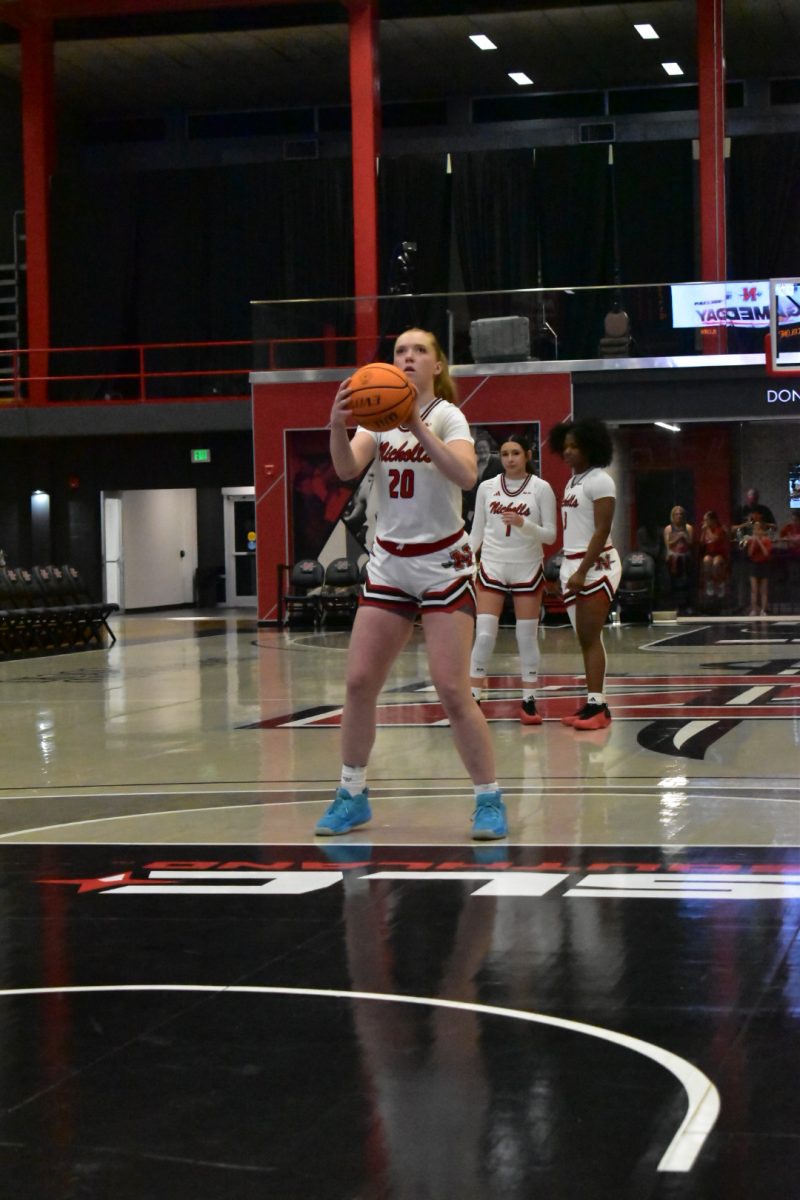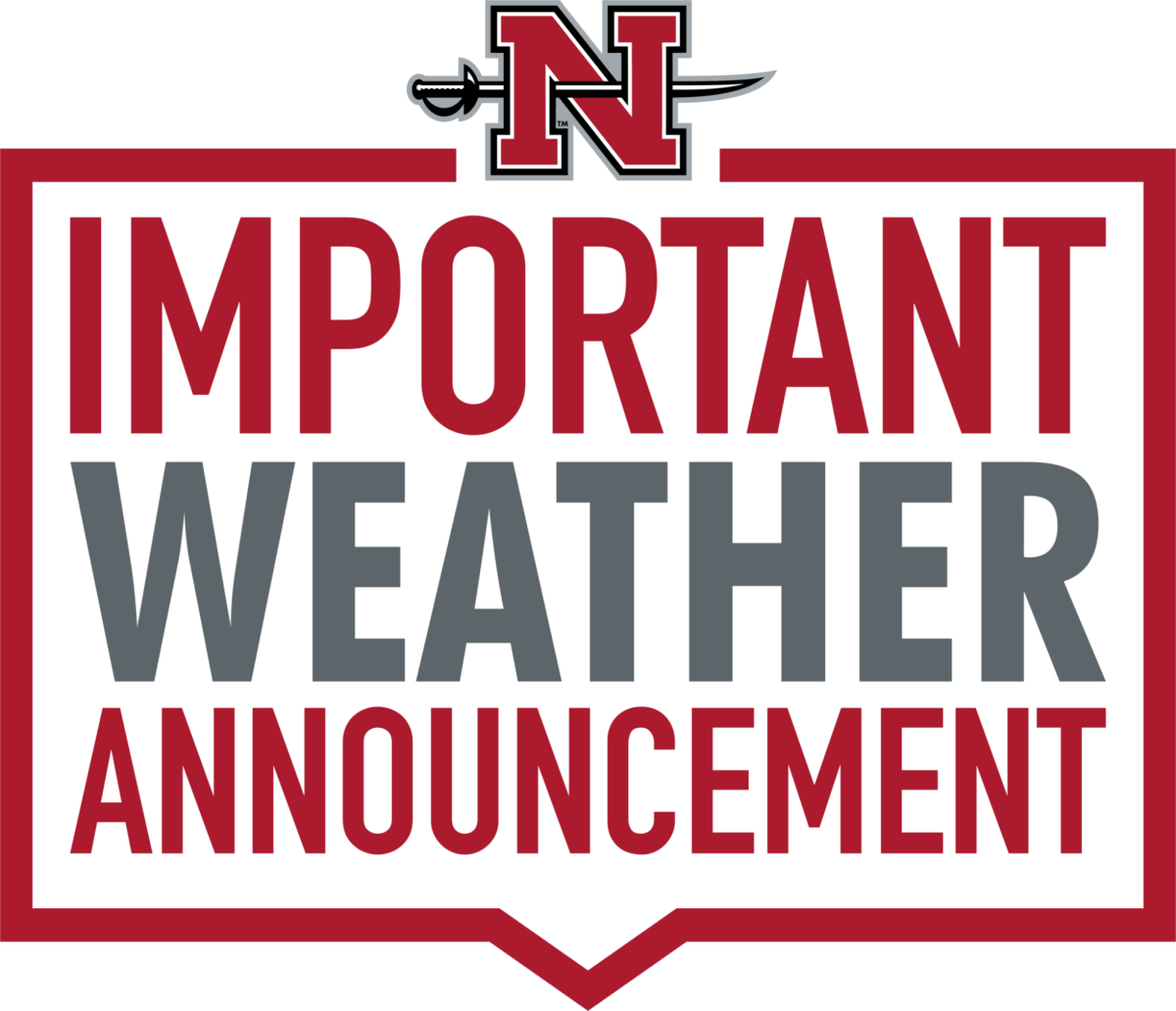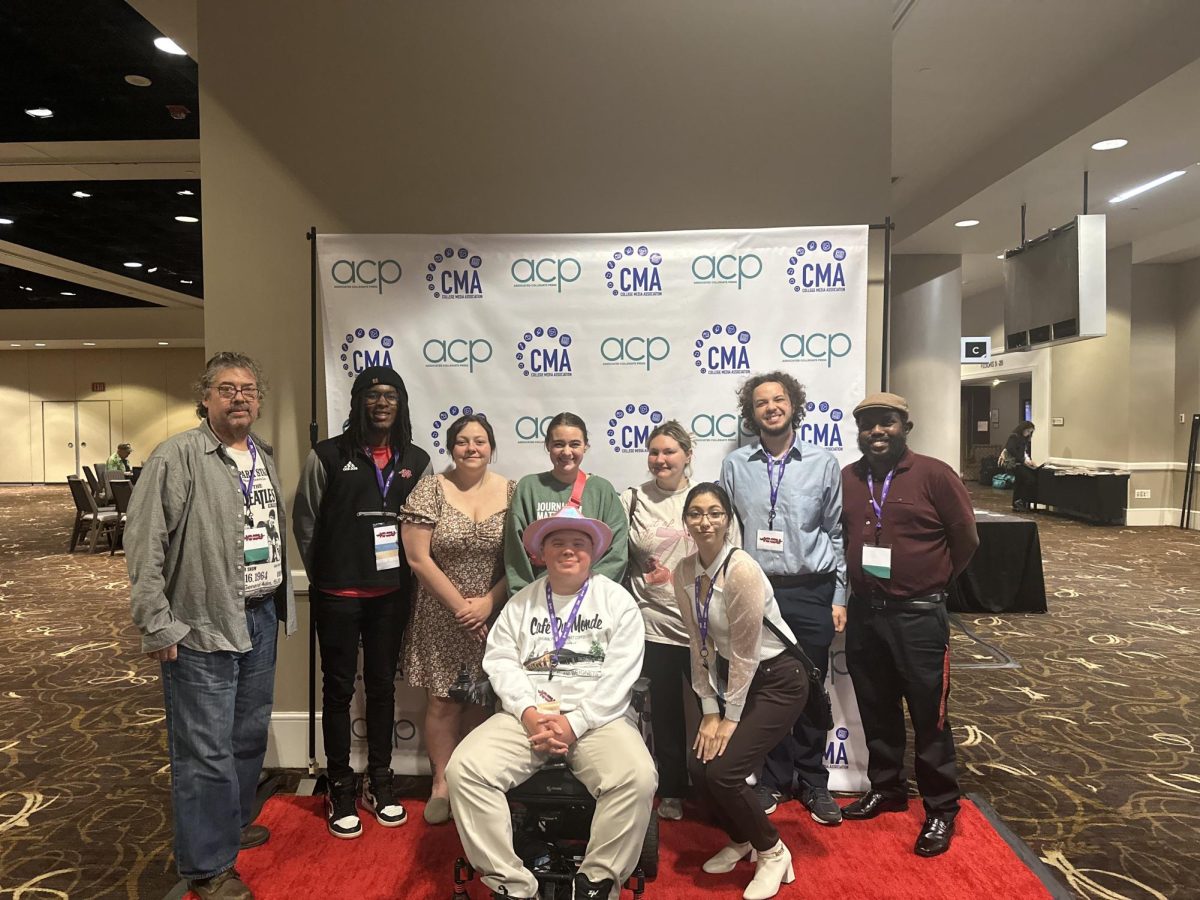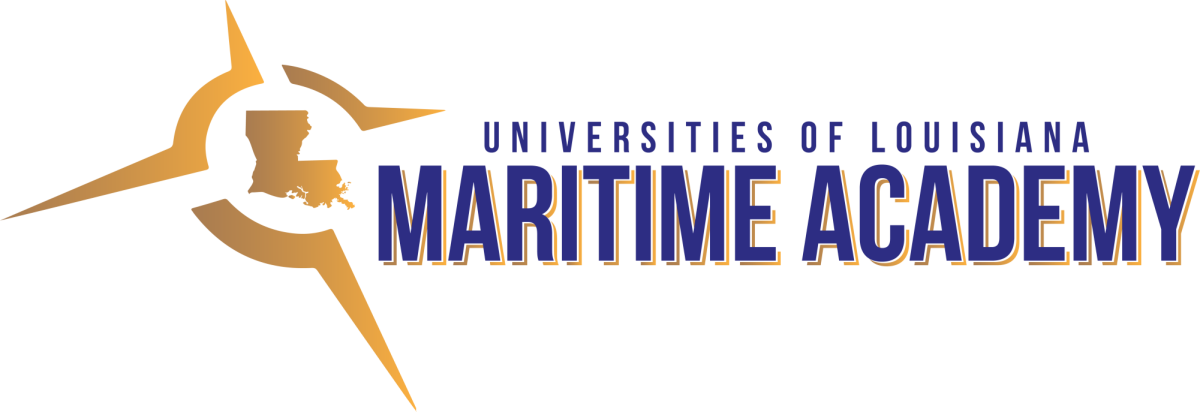Students entering an education program in the University of Louisiana System in 2004, will have to score three points higher to pass the Praxis I examination.
The Praxis is a state requirement for education majors. However, students were being tested on things that they were never taught in the classroom. To help this situation, faculty members took the test to ensure students they would teach the things on the test.
“I think that as educators, as parents and as adults we sell students short. I have a belief that if we expect more they will rise to the occasion. I think in time they are going to prove us right,” O. Cleveland Hill, dean of the College of Education, said.
The changes began in public schools a few years ago. Education authorization discovered in 1999-2000 that a number of people leaving Nicholls’ education program had not gotten a state license. This impacted the entire University.
Nicholls did not want students to graduate that were not ready to get a license. Some students never got a license and got bumped out of their jobs. Those students complained that no one told them they had to be licensed.
Sally Clausen, president of the University of Louisiana System, found that this system supplies 65 percent of teachers in the state of Louisiana. She wanted to make sure that the teachers produced are of high quality.
There is a minimum of four parts to the Praxis. The parts depend on the major. A special education major will take four parts, whereas a student with a concentration will take six parts.
The three categories of assessments that are required of everyone in the Praxis series relate to the three milestones in teacher development. The first is for entering a teacher training program, Praxis I: Academic Skills Assessments Licensure. The second is for entering the profession, Praxis II: Subject Assessments. The third test is for the first year of teaching, Praxis III: Classroom Performance Assessments.
Nicholls hopes to increase Praxis test scores before students are able to teach. Nicholls is doing behind the scenes work to increase student scores with help and technical support such as Plato, a computer program that gives students a test similar to the Praxis. Students can go into the library and take practice exams. Not only does Plato score them, but it also gives hints on wrong answers.
In the past, the weakest area for Nicholls students was math, but recently scores have shown a decrease in the reading and writing sections of the Praxis.
“The Praxis test seems like it is worth more than school. A teacher should not be based on just that,” Lance Adams, general studies senior from Lockport, said.
Last spring, eight people at Nicholls did not pass the Praxis. However, Nicholls allowed them to student teach, but they were required to pass by the end of the semester. Out of 63 students in the program, four did not pass. Nicholls is doing everything possible to get those four remedial help.
Students taking the Praxis are advised not to wait to begin and use the information taught to them as soon as possible.
Students prepare for three point increase in Praxis requirement
Anna Matherne
•
September 25, 2003
0
More to Discover







